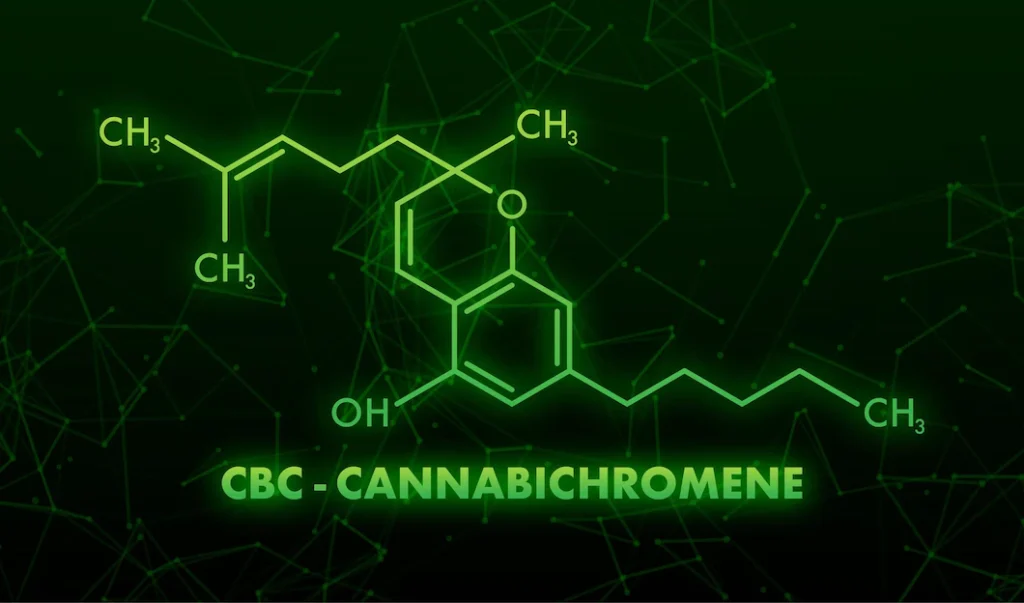
Collagen: More than just skin deep
By: Marielle Weintraub, Ph.D.
June 15, 2022

Although its benefits are often discussed solely as a beauty product, Dr. Marielle Weintraub, Neuroscientist and CBD expert, takes a more in-depth look at collagen, and its ability to supporting our bodies from within.
Discovery of collagen
The word collagen comes from the Greek “Kόlla” and means “glue producer.” Collagen refers to the process our ancient ancestors used to boil animal parts, creating a glue-like substance. Collagen was discovered to be the most abundant protein found in all mammals, forming molecular chains that strengthen the tendons and support the skin and internal organs. Mineral crystals added to collagen make up our bones and teeth. This important protein is what provides structure to our bodies, while protecting and supporting softer tissues.
Collagen sits in a triple helix form created by a repeated sequence of three amino acids. Amino acids are organic compounds made of oxygen, nitrogen, carbon, and hydrogen that combine to form proteins, which are the building blocks of life. There are 20 amino acids that your body needs for development and to function properly. Nine of those are considered “essential” and therefore must be obtained through supplements or food as they are not produced within the body. In the case of collagen, every third amino acid is glycine, which fits perfectly inside the helix. Many of the remaining positions in the chain are filled by two other amino acids, proline, and its metabolite, hydroxyproline.
It is important to point out that hydroxyproline is critical for collagen stability. This amino acid is created by altering the proline amino acid. This reaction requires vitamin C, but unfortunately, we cannot make vitamin C within our bodies, so ensuring enough vitamin C is available through either diet or supplements is imperative.
Collagen makes up an amazing 25% of dry mass of our body and a whopping 75% of the dry mass of our connective tissues1. However, due to stress, illness, and even the normal aging process, we produce less and less of it over time. According to the article, “The Amazing History of Collagen” by David Hyland, after about age 25, we start synthesizing less collagen and start losing collagen. By the time we are about 45 years old, up to 30% of our collagen is lost.
Although consumers often request collagen supplements for skin-supporting benefits, what can be overlooked in the quest for beauty is the joint support that collagen can offer.† Collagen peptides can help protect ligaments and tendons, and recent studies demonstrated the ability for collagen peptides to significantly reduce age-related and exercise-induced joint pain2,3,4,5. †
†These statements have not been evaluated by the Food and Drug Administration. This product is not intended to diagnose, treat, cure, or prevent any disease.
- Hyland, D. (2017, August 18). The Amazing History of Collagen. Retrieved September 23, 2020, from https://theredtree.co.uk/articles/the-amazing-history-of-collagen/
- Ruff, K. J., Morrison, D., Duncan, S. A., Back, M., Aydogan, C., & Theodosakis, J. (2018). Beneficial effects of natural eggshell membrane versus placebo in exercise-induced joint pain, stiffness, and cartilage turnover in healthy, postmenopausal women. Clinical interventions in aging, 13, 285–295. https://doi.org/10.2147/CIA.S153782
- Woo, T., Lau, L., Cheng N.J., Chan, P.K., Tan, K., & Gardner, A., (2017). Efficacy of Oral Collagen in Joint Pain – Osteoarthritis and Rheumatoid Arthritis. Journal of Arthritis, 06(02). doi:10.4172/2167-7921.1000233
- Bello, A. E., & Oesser, S. (2006). Collagen hydrolysate for the treatment of osteoarthritis and other joint disorders: a review of the literature. Current medical research and opinion, 22(11), 2221–2232. https://doi.org/10.1185/030079906X148373
- Clark, K. L., Sebastianelli, W., Flechsenhar, K. R., Aukermann, D. F., Meza, F., Millard, R. L., Deitch, J. R., Sherbondy, P. S., & Albert, A. (2008). 24-Week study on the use of collagen hydrolysate as a dietary supplement in athletes with activity-related joint pain. Current medical research and opinion, 24(5), 1485–1496. https://doi.org/10.1185/030079908×291967
About Zilis
Zilis is the creator of UltraCell™, a CBD oil product derived from hemp. Based in Argyle, Texas, a suburb of Dallas-Fort Worth, Zilis is privately held. Visit zilis.com for more information.
SHARE THIS POST
ABOUT THIS BLOG
Discover : The blog with the lifestyle, nutrition, science, and history of the hemp industry.
It’s your go-to for the most up-to-date information on hemp, CBD, dietary supplements, and more! Check it out!







